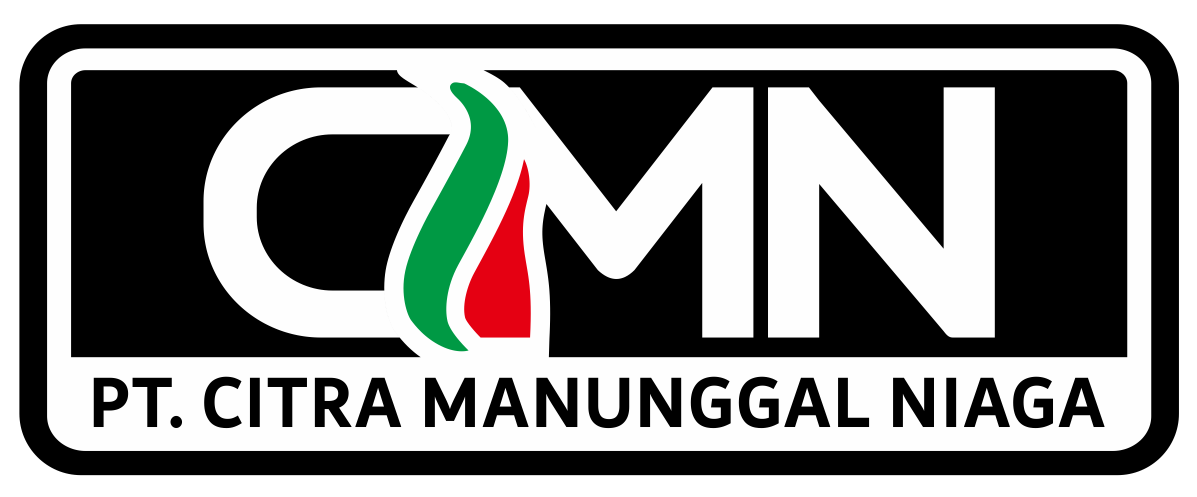The Ministry of Public Works and Public Housing (PUPR) through the Directorate General of Construction continues to encourage the digitalization of the Goods and Services Procurement (PBJ) system in order to produce quality infrastructure.
“With the digitization of this system, the duration of the process of Procurement of Goods and Services at the Ministry of PUPR can be faster,” said Director General of Construction Development Rachman Arief Dienaputra in a written statement received, Thursday.
Rachman explained that based on the results of the evaluation of the PBJ process for FY 2023, the PUPR Ministry continues to strive to improve and improve the PBJ process, considering that in 2024, the PUPR Ministry is mandated with a large enough budget to carry out infrastructure development of IDR 146.98 trillion.
“The PUPR Minister on several occasions has always conveyed development not only of physical infrastructure but also of governance. It takes creativity, innovation and courage. “For this reason, the procurement of goods and services must be managed artistically and supported by transparency and accountability,” he said.
Rachman took an example, namely that Construction Services Business Entities (BUJK) and Construction Workers (TKK) are required to register business licensing standards and experience data for the last 10 years through the Integrated Construction Services Information System (SIJKT). In addition, construction material and equipment vendors are required to register proof of equipment ownership through SIJKT.
“The system is connected to Dukcapil (Population and Civil Registration), Tax and Online Legal Administration, so all the process stages are connected to each other, this will make it easier to implement the PBJ process,” said Rachman.
Apart from that, according to Rachman, the Ministry of PUPR has optimized the PBJ process with an electronic catalog. Electronic catalogs are an instrument in realizing ‘good governance’ management in the goods procurement process that is effective, efficient, transparent and accountable.
“This system speeds up the procurement process, and will also save time and costs, compared to having to go through a conventional auction process, but still prioritizes transparent and accountable procurement,” he explained.
Then, no less important, the PUPR Ministry annually carries out early auctions which can improve the quality of budget spending, especially in infrastructure development because work can start earlier.
“Early auction is an innovation in tender implementation by broadcasting packages before the DIPA package is issued, as an effort to speed up tender implementation,” he said.
According to data from the PUPR Ministry for 2021-2023, on average, early tenders can be held per year for 2,007 packages or around 48.5 percent of the 4,142 PUPR contractual packages.
“The tender/early selection stage starts from October to February. It starts with the packaging process, preparation of ‘readiness criteria’ and procurement preparation documents, preparation, implementation of the tender, and ends with the signing of the contract,” he said.
Rachman said that there is a need for legal protection for PBJ people in carrying out the PBJ implementation process, there is a need for breakthroughs in legal protection, especially for implementers of procurement of goods/services, especially election working groups.
“We hope that the PBJ digital transformation process, which is already running well and implemented in the Ministry of PUPR, can continue to be accelerated by the Government Procurement Policy Institute (LKPP) and can even be duplicated in all Ministries/Institutions/Regional Governments,” he explained.
